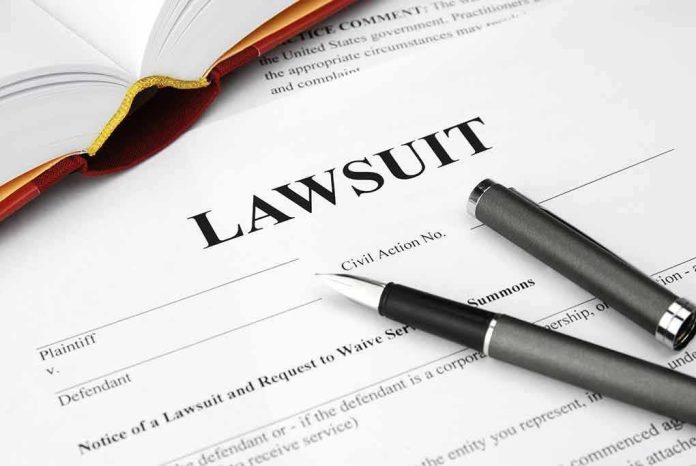
The world’s most powerful broadcaster publicly apologized to the U.S. president—just as he threatened a $5 billion lawsuit over a single, edited sentence.
Story Snapshot
- Donald Trump demands $1–5 billion from the BBC, claiming defamation over an edited January 6 speech in a Panorama documentary.
- The BBC made a rare public apology for the misleading edit but firmly denied any legal grounds for Trump’s claim.
- Resignations among BBC leadership signal an internal crisis triggered by the incident.
- Legal experts widely doubt Trump’s chances of winning or enforcing such a claim in the UK.
Media Accountability Collides With Presidential Power
Donald Trump’s threat to sue the BBC for up to $5 billion has ignited debate on the boundaries of media accountability. The Panorama documentary, aired just before the 2024 U.S. election, featured edited clips of Trump’s January 6, 2021 speech, which he argues distorted his intent. The BBC’s apology—rare for the institution—did little to appease Trump, who insists the edit constitutes defamation on a historic scale. The episode exposes the vulnerabilities of even the most established media brands when public figures wield legal threats as tools of influence.
The international dimension adds complexity. Trump, faces off with a UK public broadcaster under scrutiny for its editorial standards. The timing, immediately after a contentious U.S. election, intensifies the stakes. The BBC, already weathering criticism for perceived bias, saw its director general and head of news resign under mounting pressure. The Daily Telegraph’s publication of an internal dossier accelerated the fallout, bringing the BBC’s internal struggles into public view.
Legal Skepticism Meets Political Theater
Trump’s legal gambit draws skepticism from experts on both sides of the Atlantic. While U.S. courts have set a high bar for defamation suits involving public figures, cross-border enforcement against a UK entity is even more daunting. Media law scholars highlight the difficulty of proving “actual malice” and the near-impossibility of collecting multibillion-dollar damages abroad. The BBC’s stance—admitting a misleading edit but denying defamation—reflects a calculated response to a threat that is more political theater than legal certainty.
The BBC’s apology is a double-edged sword. On one hand, it signals accountability and a willingness to address editorial missteps. On the other, it exposes institutional vulnerability, especially when combined with high-profile resignations. Critics argue the apology undermines confidence in BBC journalism, while Trump supporters seize on the incident as proof of systemic bias against conservative voices. The lawsuit threat, whether realized or not, already reverberates across the media landscape.
Long-Term Fallout for Media and Politics
The incident’s repercussions extend beyond the immediate parties. Media organizations worldwide are likely to revisit editorial policies, weighing the risks of aggressive coverage of controversial figures. The chilling effect could stifle investigative journalism, as outlets fear costly litigation—even if the legal merits are weak. The BBC, as a publicly funded broadcaster, faces unique scrutiny: the prospect of a multibillion-dollar lawsuit amplifies calls for reform and transparency.
The dispute also touches U.S.-UK relations, with Trump contacting UK Prime Minister Keir Starmer about the matter. If the lawsuit proceeds, jurisdictional questions will challenge both legal systems. The episode serves as a case study in the intersection of media freedom, public accountability, and the legal limits of cross-border defamation. Audiences in both countries are left to grapple with questions of trust: who shapes the narrative, and who holds the storytellers to account?



